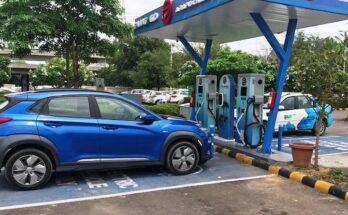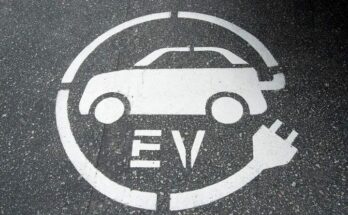On behalf of the Ministry of Transport, Ghana’s President Nana Addo Dankwa Akufo-Addo introduced the National Electric Vehicle (EV) Policy to mitigate the effects of climate change and commit to environmental sustainability, economic growth, and global climate goals.
According to the government, the launch of EV policy was to transition the country to a more sustainable energy source since the continuous use of fossil fuels was identified as a major contributor to environmental challenges, impacting the economy which could jeopardize the well-being of future generations. It said EVs had emerged as a pivotal solution in the battle against transportation-related emissions and climate change. The president noted the government’s determination to contribute its quota to the fight against climate change. He said:
“Ghana’s emissions are expected to rise from 28 million tons of CO2 equivalent in 2021 to some 140 million tons in 2050, with the transport sector accounting for the biggest increase. This will be driven mainly by population growth increased GDP per capita and vehicle ownership. I’m confident we can reverse this trend if significant actions are taken to transition with cleaner electric vehicles promising to be game-changing in this process.”
Against the urgent backdrop of extreme heatwaves, droughts, fires, and floods across the globe, vulnerable low-and medium-income countries (LMICs) such as Ghana are all working on solutions. Such solutions include making commitments to reach net-zero emissions within their jurisdictions and deciding their nationally determined contributions (NDCs).
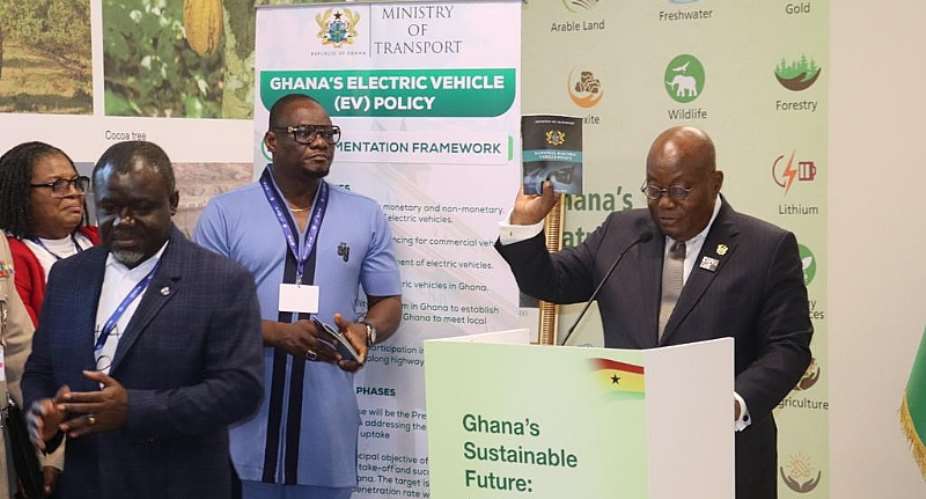
According to the Ghana Electric Vehicles Baseline Survey Report of 2022, authored by the Energy Commission, the International Energy Agency (IEA) sees vehicle electrification as the major means of reducing carbon footprint in the transport sector. The end-use sector, with the biggest reliance on fossil fuels, and transportation, accounts for 37% of the carbon dioxide (CO2) produced.
Related: Vehicle Makers Body of Africa Backs Ghana’s Auto Policy
Mr Kwaku Ofori Asiamah, Minister of Transport, stated in the statement that the economic feasibility of EVs had driven investments in the electric mobility value chain, with the worldwide EV inventory expected to rise from 11 million in 2020 to over 145 million by 2030. The primary goal, he said, had been for his government to adopt EVs as soon as possible to be in step with international efforts to minimize the usage of vehicles fueled by fossil fuels since many countries had committed to switching fully to electric vehicles in the coming years. Kwaku added:
“The policy emphasized a just, equitable, and inclusive transition, ensuring that the adoption of EVs benefits all segments of society, fosters innovation, and enhances manufacturing competitiveness.”
He mentioned that the formulation of the EV policy involved extensive consultations with stakeholders across the 16 regions to ensure inclusivity and consider the perspectives of all industry players. The policy aimed to address environmental concerns and contribute to socioeconomic growth by creating job opportunities for both skilled and unskilled workers.

The policy aims to phase out inefficient internal combustion engines in favor of EVs, heralding a paradigm shift in Ghana’s approach to emissions reduction. The EV policy harbors immense potential to stimulate investments and job creation in the African nation It is also set to usher in an era of eco-friendly manufacturing of products and technologies in Ghana, given the country’s impressive electricity access rate of 88.85%, the nationwide diffusion of EVs is seen as a feasible proposition. This would enable each region and district in Ghana to stake its claim in the burgeoning e-mobility industry.
Related: Ethiopia Exempts EVs from VAT, Surtax, & Excise Tax
The policy also emphasized manpower development, particularly for artisans and garages familiar with servicing Internal Combustion Engine (ICE) vehicles to be trained and retrained on handling and maintaining EVs and retrofitting when necessary. The minister reiterated the government’s commitment to sustainability and a greener future with the National Electric Vehicle Policy being a catalyst for creating new industries, experts, and jobs, improving public health, and reducing emissions in the transport sector.
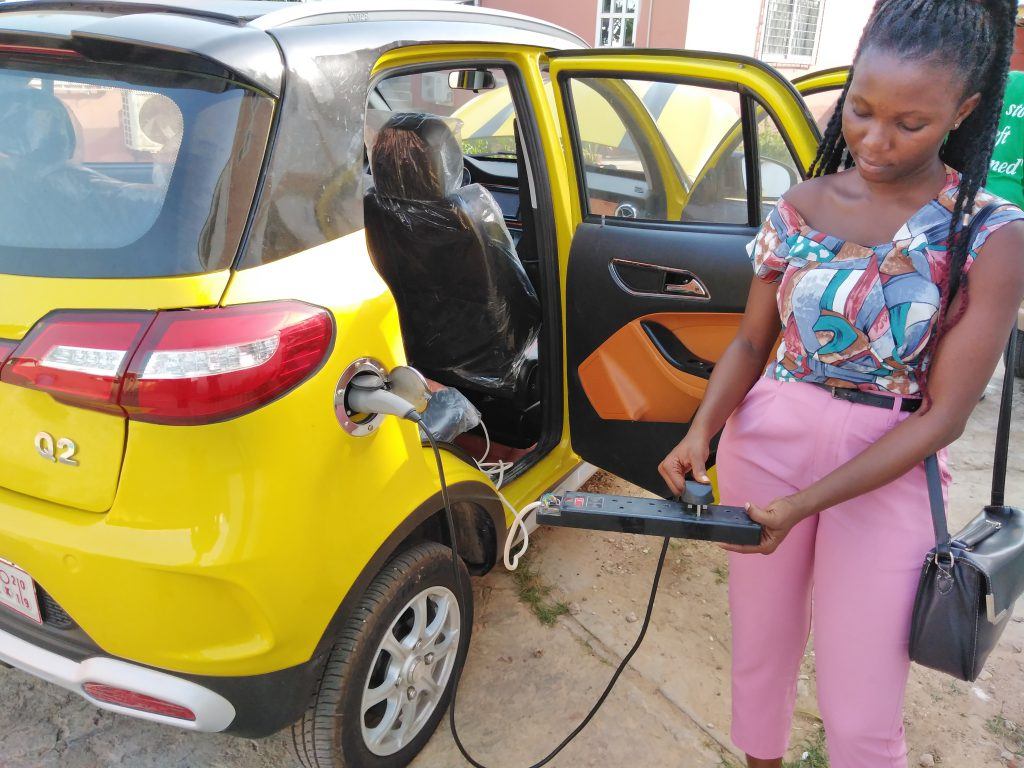
According to the International Trade Centre, about 17,660 PEVs (plug-in electric vehicles) were imported into Ghana between January 2017 and December 2021. Imported motorized E2&3W during this period was 9,431 units, with most (98%) of the Battery Electric Vehicles (BEVs) being imported from China. In 2021, the Ghana Revenue Authority (GRA) reported that standard hybrid-electric vehicles (HEVs) have the highest representation (91.5%), followed by BEVs at 5.1% and plug-in hybrid electric (PHEVs) at 3.3%.
Related: Nigerian Auto Policy Attracted $1.5 Billion Investments
The Energy Commission also highlighted that the cost of operating an Internal Combustion Engine vehicle (ICE) was 2.3 times more than the Battery Electric Vehicle (BEV). However, the cost of fueling the ICE was five times the cost of charging the BEV. Per the Commission’s estimates, assuming an annual average travel distance of 24,000 km, it costs $480 to charge the Hyundai Kona Electric compared to $2,535 for the Hyundai Kona ICE as of 2022.
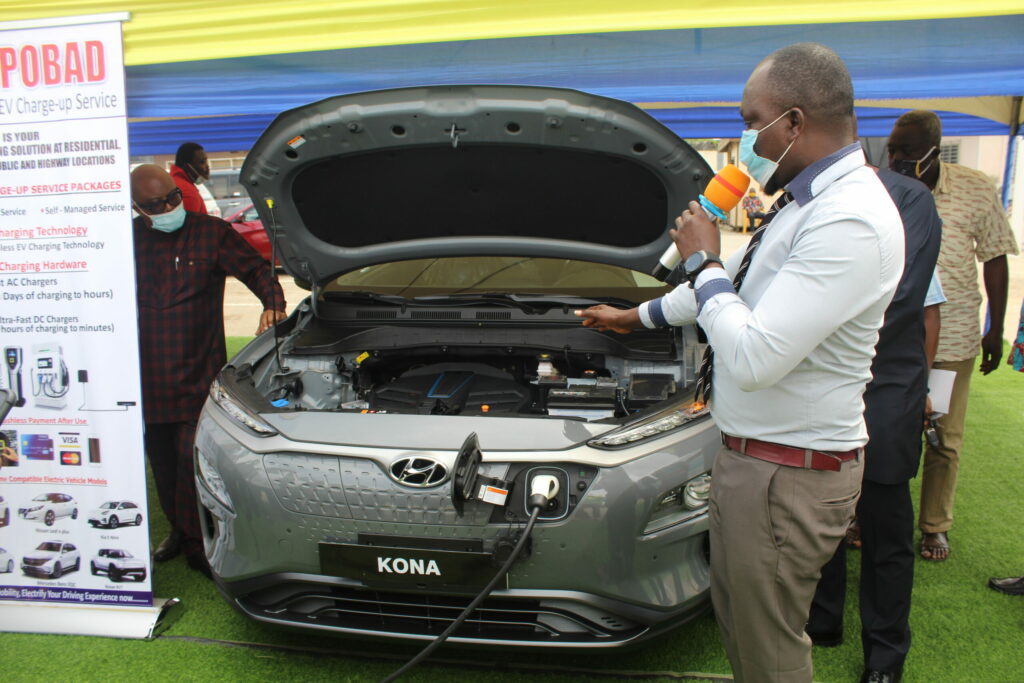
Ghana’s recent budget setting out a waiver of import duties on EVs designated for public transportation for 8 years is seen as a step in the right direction, as is the same waiver for semi-knocked down and completely knocked down EVs brought into the country by registered electric vehicle assembly companies for the same 8-year period.
Source: Ghana Business News

A computer animation professional with over 23 years of industry experience having served in leading organizations, TV channels & production facilities in Pakistan. An avid car enthusiast and petrolhead with an affection to deliver quality content to help shape opinions. Formerly written for PakWheels as well as major publications including Dawn. Founder of CarSpiritPK.com

